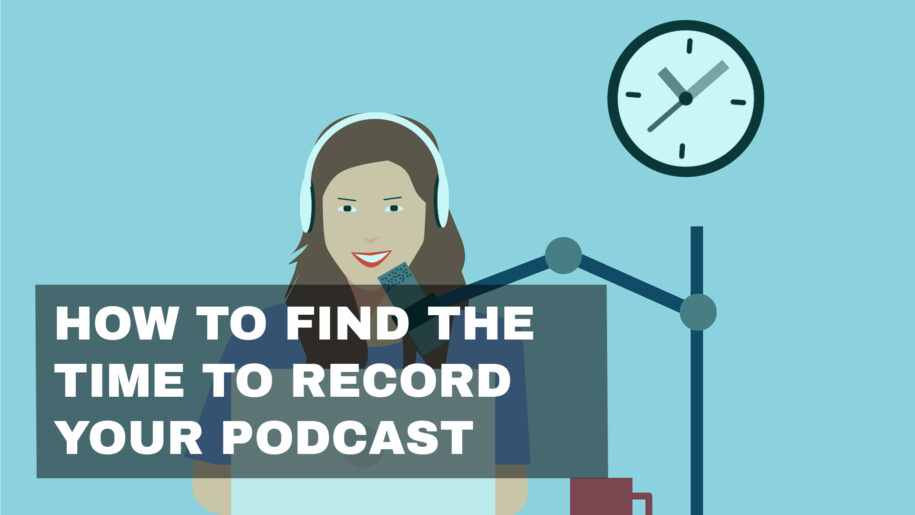In the fast-paced world we live in, finding time to pursue passions like podcasting can be a challenge. For podcasters juggling multiple responsibilities—whether it’s a full-time job, family commitments, or other hobbies—carving out time to record can seem daunting. However, with the right strategies, it’s entirely possible to manage your time effectively and produce engaging, consistent content for your listeners. Here’s how to find the time to record your podcast without sacrificing your other obligations.
1. Prioritize and Plan
Set Clear Goals
Before diving into scheduling, define what you want to achieve with your podcast each month. How many episodes do you want to produce? What are your content goals? Knowing your targets will help you prioritize tasks effectively.
Make a Schedule
Use a digital calendar or planner to block out specific times for recording. Treat these blocks as fixed appointments, just like a meeting or doctor’s appointment. Consistency is key—try to record at the same times each week to establish a routine.
2. Optimize Your Recording Sessions
Batch Recording
Consider recording multiple episodes in one session. This approach not only saves setup and breakdown time but also helps maintain a consistent sound and energy level across episodes. Batch recording is particularly useful if your podcast format allows for non-time-sensitive content.
Preparation is Key
Prepare all your materials, from research notes to interview questions, well in advance of your recording session. The better prepared you are, the more efficiently you can use your recording time, potentially reducing the need for lengthy editing later.
3. Leverage Technology
Automate Where Possible
Use technology to automate parts of the podcasting process. This could include scheduling social media posts, automating episode uploads, or using templates for show notes. Reducing manual tasks frees up more time for recording.
Remote Recording Tools
If your podcast involves guests, utilize remote recording tools like Zencastr or SquadCast. These tools save travel time and make it easier to align schedules with guests from any location.
4. Delegate Tasks
Outsource Editing
Editing can be time-consuming. If your budget allows, consider hiring a freelance audio editor or using a service like Podigy or WeEditPodcasts. This can free up significant amounts of time that can be redirected towards recording more content.
Involve Others
If your podcast is a team effort, distribute tasks among team members. Sharing responsibilities can lighten your load and make scheduling recording sessions easier.
5. Set Realistic Expectations
Be Realistic
Understand your limits and set realistic expectations for your podcast’s frequency and episode length. It’s better to produce fewer high-quality episodes than to overcommit and struggle to meet deadlines.
Communicate with Your Audience
If finding time becomes particularly challenging, communicate openly with your listeners. Most audiences appreciate transparency and may be more understanding than you expect if delays occur or schedules change.
Bottom line: Finding time to record your podcast among life’s other demands requires planning, efficiency, and sometimes a bit of creativity. By prioritizing your podcasting tasks, optimizing recording sessions, leveraging technology, delegating, and setting realistic expectations, you can make podcasting a rewarding part of your busy schedule. Remember, the key to successful podcasting is not only finding the time but making the most of the time you have.


